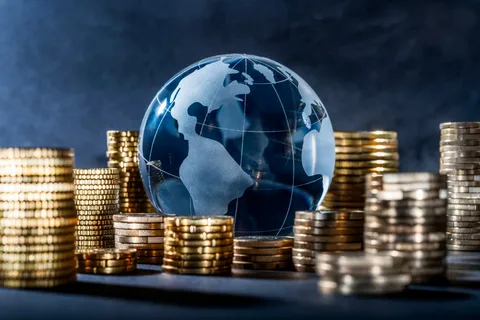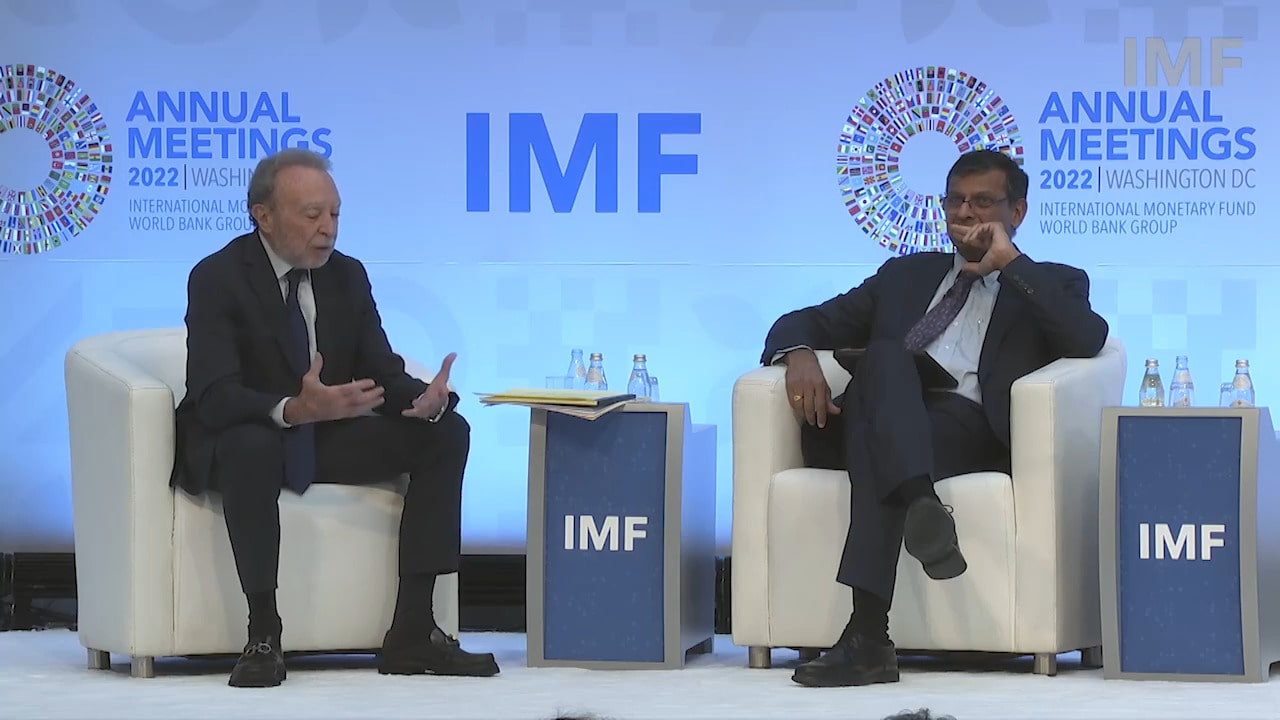The director of the International Monetary Fund thinks that inflation has proven more “stubborn” than expected and that the world’s central bankers need to be just “as stubborn” in fighting it. ”
Inflation “is more broad-based than we thought it would be,” Kristalina Georgieva said during a Wednesday event with François Villeroy de Galhau, France’top central banker.
Georgieva added that economists were more upbeat last October, pointing to high economic growth and COVID vaccinations. But, she said, “we were proven wrong: wrong when Omicron hit, wrong when Russia invaded Ukraine, and wrong when, during this summer, climate shocks [affected] agricultural productivity,” she explained.
The IMF chief’s mea culpa matches similar admissions from other economists and central bankers that they were wrong about inflation being a passing phenomenon. Both U.S. Federal Reserve Chair Jerome Powell and Secretary of the Treasury Janet Yellen predicted inflation would be “transitory” for much of 2021, before retiring the phrase late last year. “You are wrong about the path of inflation,” Yellen told CNN earlier this year.
Georgieva herself told Reuters in May that the Omicron wave convinced her that inflation was not a temporary phenomenon.
“Stubborn Inflation”
Economists had predicted that inflation could start to ease over the summer following aggressive interest rate hikes in the US, the UK, and elsewhere and lower gasoline prices. However, the persistence of higher-than-expected inflation points to higher prices across much of the economy.
On Tuesday, the US Department of Labor reported that prices rose 0.1% month-on-month. Higher food, rent, and other commodity prices offset lower gas prices. Core CPI, which excludes gas and food prices, rose 0.6%.
The European Union reported August inflation of 9.1% year-on-year, largely due to a whopping 38.3% year-on-year rise in energy prices. European countries are threatened with winter energy rationing.
Yesterday, the UK reported an August inflation rate of 9.9% year-on-year, down slightly from a reported 10.1% year-on-year rise in the previous month. The Office for National Statistics said the modest slowdown in inflation was due to lower gas prices, although food prices in the UK continued to rise.
‘Stubborn’ Central Bankers
After a better than expected inflation report, economists see it as likely that the Fed will decide on a significant rate hike at its September meeting. Investors were bleak on Tuesday’s US inflation news, sparking a market selloff not seen since June 2020. (Stocks rebounded slightly on Wednesday, with the S&P 500 up 0.3% on the day.)
The European Central Bank said it will raise interest rates by 75 basis points on Sept. 8 and raise them further to fight inflation. The central banks of Canada and Australia also raised interest rates by 75 and 50 basis points, respectively, at the beginning of the month. The Economist also expects the UK to raise rates by 50 basis points next week, following its August rate hike of 50 basis points.
IMF Secretary-General Georgieva said on Wednesday that inflation could fall by next year “if the central bank does well” yet she also shared concerns that government stimulus could undermine the central bank’s efforts to combat inflation “if fiscal policy is not targeted enough”.
Source: Fortune



